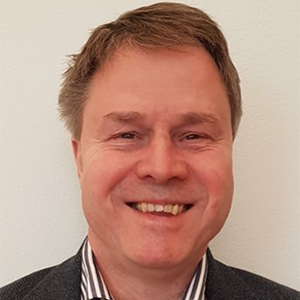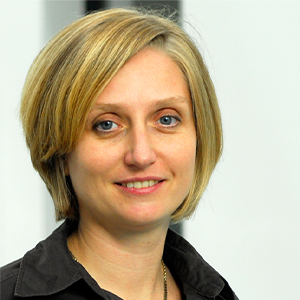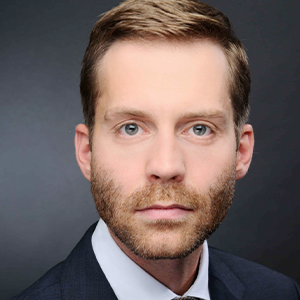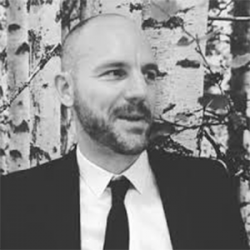

Our future: Long term health; a sustainable practice?
The dentistry of the future will be different from today. One the one hand, the dental health of patients and the resulting needs and demands will shift between age and services groups. The evidence base for managing dental health will be valued from cost, environmental and societal perspectives. Dentists will become the lifelong dental health managers of their patients, with prevention being the main focus in younger populations, management of existing restorations and periodontitis in adult ones, and complex dento-medical needs in seniors. However, dental health inequalities will not necessarily decrease, and future dentists need to be skilled in addressing them adequately on individual and public health level. In parallel, healthcare providers will increasingly understand the relationship between planetary health and population health, and will embrace sustainable dental care practices. Future dentists will embrace environmentally friendly travel, energy, procurement and waste management. Dental education plays a pivotal in educating these future dentists, providing them with the knowledge and skillset needed in such changed future.






